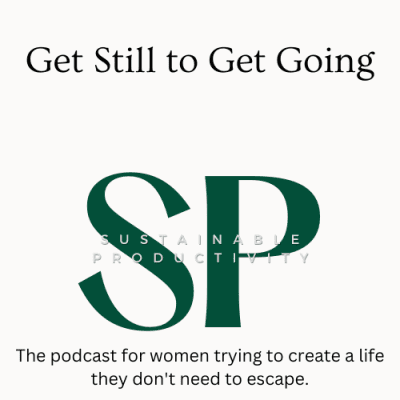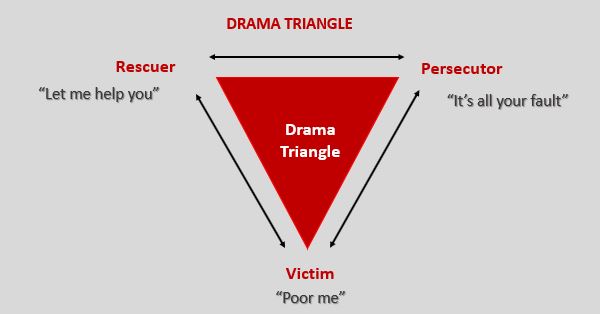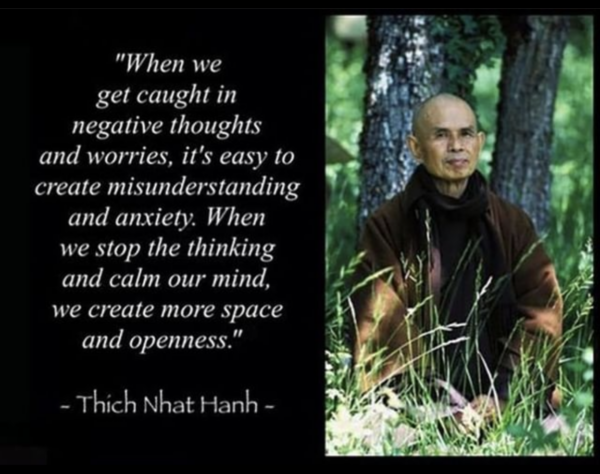Episode 52: Get Still to Get Going
Meditation is a burnout balm – a way to get still to get going. We often hear messages of rise and grind, get up and get after it, be a goal getter. But I want to suggest an easier, softer way of learning to be in the world. Because you can learn a new way. Well-being can be learned. It is not something you have or don’t. You can cultivate it different ways and the path we often do not choose is stillness.
Here is what you can expect to hear on the episode:
- What the research says about meditation and burnout prevention / recovery
- Meditation to soothe mental, emotional, and physical pain
- A mindfulness meditation to overcome procrastination
Listen at the link below or search for “Sustainable Productivity with Susan Sanders” everywhere podcasts are available.
Links to Learn More
Links mentioned in this episode of the Sustainable Productivity podcast:
- Sign up for episode emails, weekly essays, and links so you never miss a thing!
- Join the Sustainable You Facebook Community at this link
- Watch the TV series Dopesick on Hulu or Apple TV or purchase the book from Bookshop.org at this link
- Learn more about the lifelong friendship between the Bishop Desmond Tutu and the Dalai Lama by watching Mission Joy on Netflix
- Download free breathing exercises from Sustainable Sue at this link and this link
- Meditation for overcoming procrastination available from Inner Health Studio at this link
- Links to references on evidence based meditation research:
- Koyama T, McHaffie JG, Laurienti PJ, Coghill RC. The subjective experience of pain: where expectations become reality. Proc Natl Acad Sci U S A. 2005;102:12950–12955. [PMC free article]
- Cahn BR, Polich J. Meditation states and traits: EEG, ERP, and neuroimaging studies. Psychol Bull. 2006;132:180–211. [PubMed]
- Grant JA, Rainville P. Pain sensitivity and analgesic effects of mindful states in Zen meditators: a cross-sectional study. Psychosom Med. 2009;71:106–114. [PubMed]
- Brown CA, Jones AK. Meditation experience predicts less negative appraisal of pain: electrophysiological evidence for the involvement of anticipatory neural responses. Pain. 2010;150:428–438. [PubMed]
- Zeidan F, Gordon NS, Merchant J, Goolkasian P. The effects of brief mindfulness meditation training on experimentally induced pain. J Pain. 2010b;11:199–209. [PubMed]

We would love to hear from you. Send your feedback on the episode, suggestions for future show topics or guests, and anything else to Susan@SustainableSue.com or in a DM on Instagram.
PS – I am an affiliate of Bookshop.org and will earn a commission if you click through and make a purchase.


